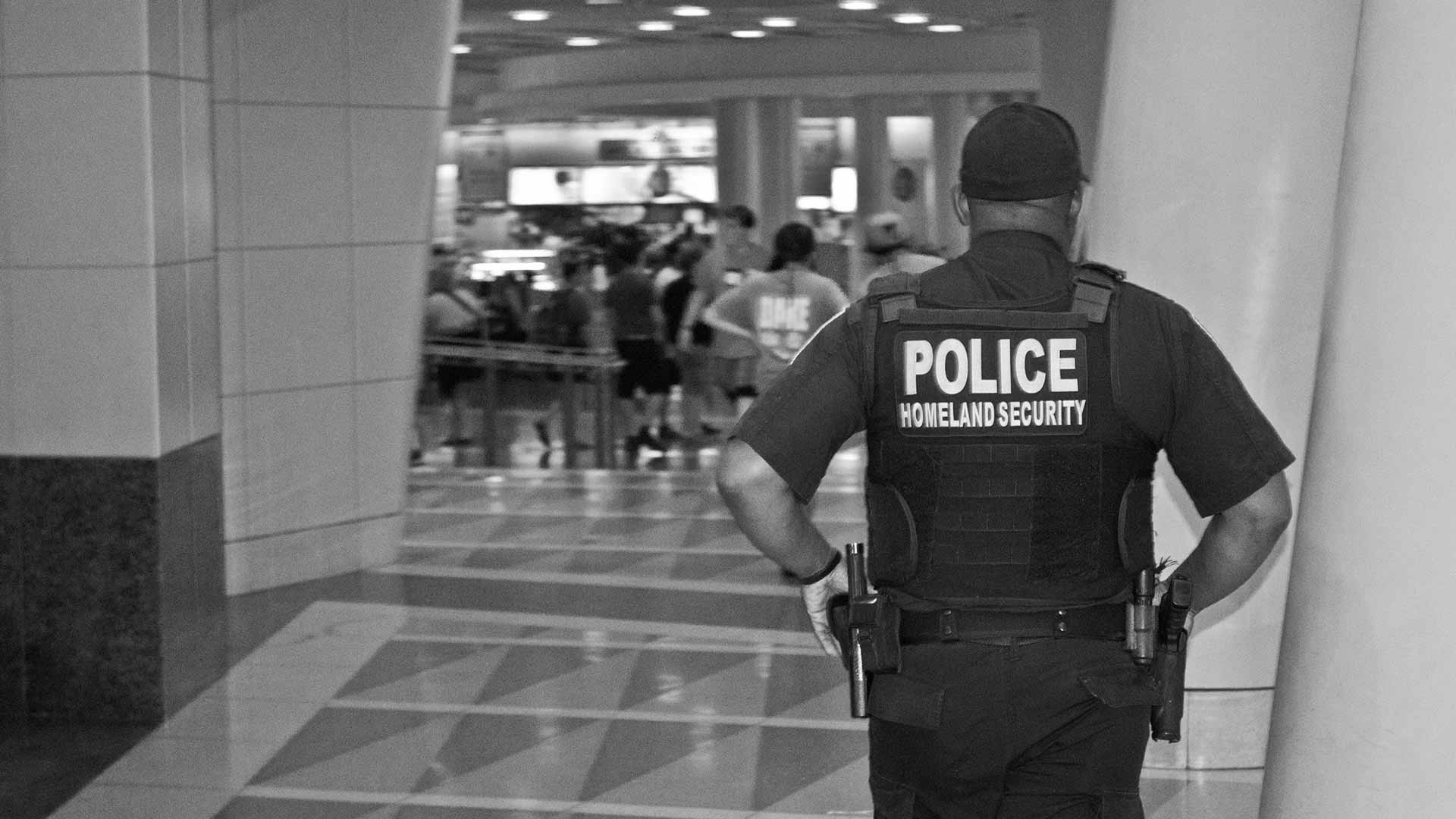
Law enforcement agencies across the country are on their toes following the crisis in Afghanistan.
Former NYPD police and U.S. customs commissioner Ray Kelly told Fox News that law enforcement agencies in big cities will likely increase security measures to deal with terrorism risks posed by the chaos in Afghanistan.
Kelly, a former U.S. marine and the New York police commissioner following the September 11 terror attacks, said that New York city in particular is going to have to work harder on gathering intelligence to prevent terror attacks.
Kelly said investigators are “doing more of what they have been doing,” which includes working with informants and scanning chatrooms for suspicious activity, among other operations.
Speaking about changes the NYPD will make following the attacks in Afghanistan, the former commissioner of the U.S. Customs Service said: “You’re just ramping up what you’re doing presently.”
Other major police departments across the country, in Washington D.C., Los Angeles, Atlanta and Seattle said they are also working with federal agencies to monitor threats.
However, Kelly said that the withdrawal of forces from Afghanistan could hurt U.S. security, and said the situation will likely leave a “gaping hole in our intelligence-gathering capabilities.”
“It’s pretty hard to make it up when you don’t have people on the ground,” he explained, noting that their “human intelligence” capabilities from people on the ground will be significantly reduced.
In addition, CBS News reported that a small number of the 100,000 Afghan evacuees were “flagged for concern” at transfer points like Doha, Qatar, by the Department of Homeland Security (DHS) after an initial primary screening in Kabul.
To conduct more thorough background checks, the DHS has employed personnel from several agencies including Customs and Border Protection (CBP), ICE, TSA, and the U.S. Coast Guard to carry out the screenings and vet Afghan refugees for possible national security risks.
According to CBS, the DHS Counterterrorism Coordinator John Cohen told law enforcement officials across the country that the DHS’ Office of Intelligence and Analysis is looking for the presence of ISIS members among refugees.
He said the agency is monitoring “whether individuals who are abroad or ISIS elements could use the relocation process as a way to introduce operatives intending to conduct an attack within the homeland.”
Other national security experts say evacuating hundreds of thousands of migrants is risky.
Former acting DHS Deputy Ken Cuccinelli said, “The vetting process is hard. It’s especially hard in nations with collapsed governments like [Afghanistan]. This is an 18-24 month process with 14 different steps.”
“It is a massive, complicated undertaking that is not without risk,” former FBI counterterrorism head John Pistole told CBS News. “So the question becomes, how do you mitigate the risk?”
The FBI has responded by establishing a command post at its headquarters to handle the national security and public safety concerns associated with the U.S. withdrawal.
Since the Taliban captured Kabul on Aug. 14, tens of thousands of Afghans have obtained special immigrant visas and evacuated the country.
The city has also been rocked by chaos, with an ISIS suicide bombing at the Kabul airport killing 13 American service members and more than 150 Afghans.





